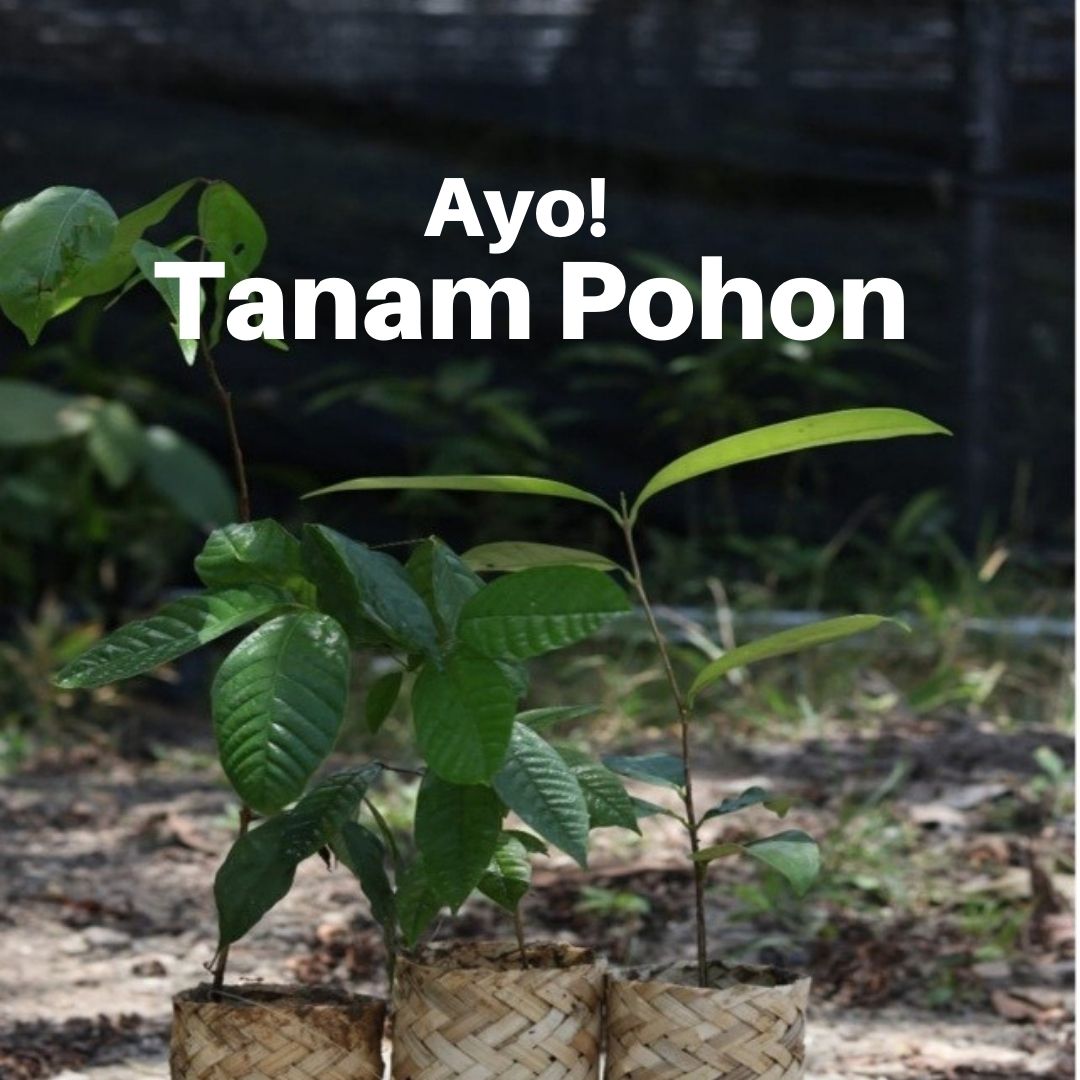Indonesia’s Vice Minister of Forestry, Rohmat Marzuki, called on the global community to join hands in promoting sustainable mangrove management through the World Mangrove Center (WMC) — a platform for knowledge sharing, innovation, and best practices in coastal ecosystem conservation.
The appeal was delivered during a Dialogue Session titled “World Mangrove Center: Showcasing Global Efforts on Mangrove Rehabilitation and Conservation” at the 30th Conference of the Parties (COP30) to the UN Framework Convention on Climate Change (UNFCCC) in Belém, Brazil, on Tuesday (November 11, 2025).
Vice Minister Rohmat emphasized that Indonesia’s leadership through the WMC is not merely symbolic but represents a concrete expression of a science-, technology-, and innovation-based commitment.
“Indonesia’s sustainable mangrove management policy places communities at the center while strengthening international cooperation through bilateral and multilateral platforms such as the UN Environment Assembly (UNEA), UNFCCC, Convention on Biological Diversity (CBD), and South-South Collaboration,” he said.
Indonesia currently hosts the largest mangrove ecosystem in the world, covering approximately 3.44 million hectares. These ecosystems play a crucial role in climate change mitigation and adaptation while serving as a vital economic resource for coastal communities. Their positive impacts extend beyond national borders, making a significant contribution to global climate stability.
Since the Paris Agreement in 2016 and Indonesia’s G20 Presidency in 2022, the government has demonstrated strong commitment through ongoing mangrove rehabilitation and conservation initiatives. These efforts form an integral part of Indonesia’s strategy to achieve the Forestry and Other Land Uses (FOLU) Net Sink 2030 target.
“Indonesia carries a great responsibility as a global leader in mangrove ecosystem protection. Through rehabilitation and conservation efforts, we aim to demonstrate real leadership with tangible environmental impacts,” Rohmat stressed.
During the same session, representatives from Sri Lanka’s Ministry of Environment underscored the importance of strengthening mangrove management implementation in alignment with UNEA-4 Resolution on the Global Health of Mangroves through Sustainable Management. Meanwhile, Japan International Cooperation Agency (JICA) highlighted the strategic role of the Bali Mangrove Information Center in reinforcing the WMC as an international hub.
Additionally, representatives from the World Bank and the Global Green Growth Institute (GGGI) emphasized the need to expand multi-stakeholder collaboration and mobilize resources, including knowledge transfer and green financing, to support global mangrove conservation.
Vice Minister Rohmat concluded the session by reaffirming Indonesia’s readiness to lead by example.
“Through the World Mangrove Center, Indonesia stands ready to inspire the world by fostering inclusive collaboration to combat environmental degradation and slow the pace of climate change through concrete mangrove conservation actions,” he concluded.
***




